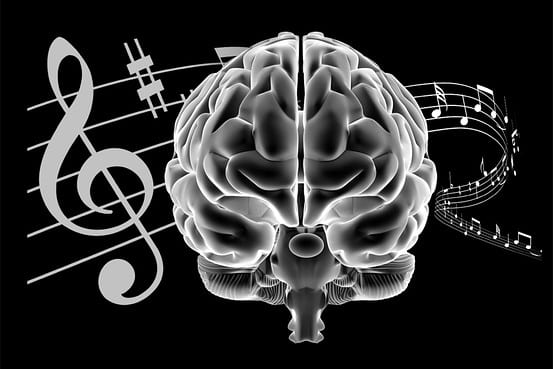 We’ve all heard about the benefits of music lessons for kids, helping with things like memorization and test scores, and the positive attributes of music therapy for brain-damaged patients. But science has also revealed many other benefits that can help with your everyday life. You don’t have to be suffering from any ailments to get these benefits, and if you don’t have musical talent, don’t worry – just a daily dose of listening to music may be just what the doctor ordered.
We’ve all heard about the benefits of music lessons for kids, helping with things like memorization and test scores, and the positive attributes of music therapy for brain-damaged patients. But science has also revealed many other benefits that can help with your everyday life. You don’t have to be suffering from any ailments to get these benefits, and if you don’t have musical talent, don’t worry – just a daily dose of listening to music may be just what the doctor ordered.
If you haven’t seen it yet, this Lifehacker.com article about how music affects the brain – and how to use it to your advantage – has been circling the Internet. Check out how to harmonize music with your daily activities:
Recalling Memories
You might remember reports back in the 1990s that said that studying while listening to Mozart increases the likelihood of performing well on a test. Although that has been disproven in some studies (in fact, music has shown a negative affect on fact retention if you’re studying numbers or lists), there is still a lot of evidence suggesting music can help with overall memory. For example, it has been shown in Alzheimer’s patients to help with memory recall, and even restore cognitive function.
When you listen to music you know, it stimulates the hippocampus, which handles long-term storage in the brain. Doing so can also bring out relevant memories you made while listening to a particular song. So, even though the “Mozart effect” has essentially been disproven, the idea that forming a new memory with music, and then using the same music again later to recall the memory still appears to be relevant.
Boosting Your Immune System
The idea that listening to music can boost your immune system might sound a little crazy on the surface, but the science backs it up. Soothing music is known to decrease stress, and when it does that, it decreases the level of the stress hormone cortisol. It’s not just soothing music though, even upbeat dance music is known to increase the level of antibodies in your system. Dr. Ronny Enk, who led the recent research about music’s effect on the immune system suggests, “We think the pleasant state that can be induced by music leads to special physiological changes which eventually lead to stress reduction or direct immune enhancement.”
Now that the cold season has set in, it’s a good idea to keep this in mind throughout the day. If you’re feeling stressed out or if you’re starting to feel ill, listening to music might be the extra help you need to stay well.
Fighting Fatigue & Increasing Productivity
That said, if you have a monotonous job, music is a great way to increase your mood while performing boring work. For the same reason it helps with exercising, it can also help with fighting fatigue, especially if you change up the music often. Studies have also shown that almost all music increases your mood, because it causes a release of dopamine, so if you’re feeling tired, bored, or depressed, a good pop song might be the cure you need.
You might also like…
– All I Really Need to Know I Learned from Music Recitals
– 5 Key Benefits of Taking Music Lessons as an Adult
– Supporting Your Child in Music: A Parent’s Guide
Image courtesy of http://www.infobarrel.com/5_Ways_Music_Can_Benefit_Your_Life
Suzy S.
